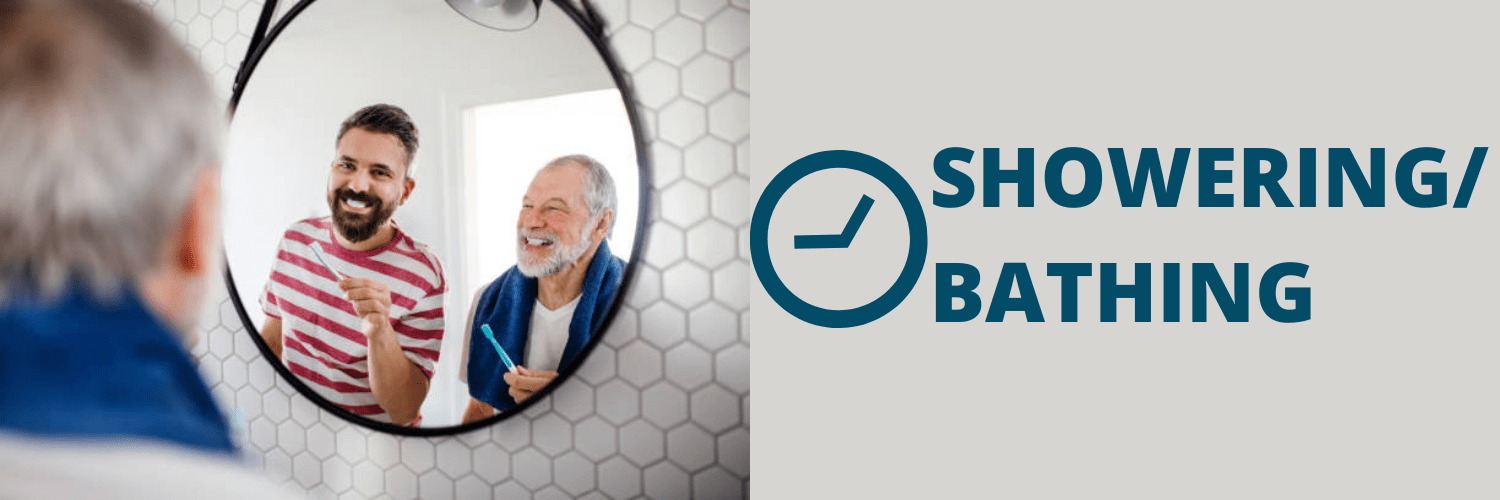Today, more people with Alzheimer’s and dementia stay in their own homes—not just because they want to, but because financially they can’t afford to live in a care facility. While you want your loved one to have the comfort of living at home, you need to make sure the environment is safe too.
The most dangerous room in the house is the bathroom. Consider hiring a professional contractor to help you make some adjustments. Install grab bars in the bathtub and by the toilet. It is not safe for someone to use a towel bar, shower door, or toilet for support. Grab bars are designed to hold a person’s weight. Place non-skid strips on the tub bottom and have a non-skid rug or mat on the floor to prevent falls.
Install an automatic faucet control on the bathroom and kitchen sinks. This inexpensive device screws onto your current faucet. There is a small wand that descends from the faucet. If you make contact with the wand, you will turn the water on. Once you move your hand away, it releases the pressure from the wand and shuts off the water. This will enable your loved one to run the water without having to grasp the hot and cold water knobs. Since it automatically turns off, you don’t have to worry about water being accidentally left on where the sink could overflow.
Another danger is your loved one burning themself in the shower. Although comfortable water temperature for showering is around 100 degrees, most home water heaters heat water up to 140-160 degrees. Scalding can occur when the water temperature is above 120 degrees. Due to thin skin, older adults are vulnerable to burns, and if they have advancing dementia, it may affect their ability to feel heat. Someone with cognitive impairment may not realize the water is too hot until the burn has occurred.
One way to prevent this is to reset the hot water heater to 120 degrees. You may be hesitant to turn the hot water heater down though because that will make dishwashers and washing machines less effective. You can hire a plumber to install a scald-protection device or go to your local hardware store and purchase one you can attach yourself to the showerhead.
You should also remove the mirrors in the bathroom. As dementia progresses, your loved one may see “a stranger in the mirror” when he or she does not recognize his or her own reflection. This can startle your loved one and cause them to fall.
Take inventory of the everyday toiletries in the bathroom and lock up items like rubbing alcohol, nail polish remover, soap, shampoo, perfume, and any cleaning supplies. You can buy inexpensive, yet effective, childproof locks for a bathroom cupboard.
Taking these simple steps will help keep your loved one safe.
This article is courtesy of Active Daily Living.
